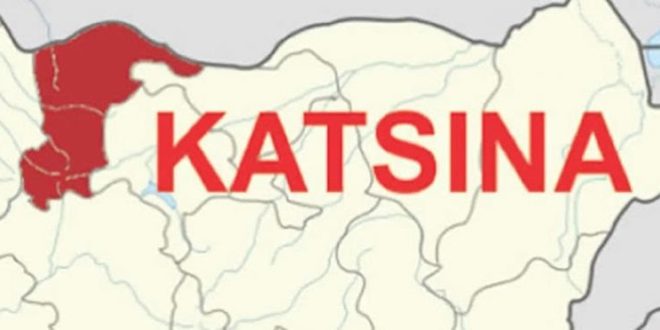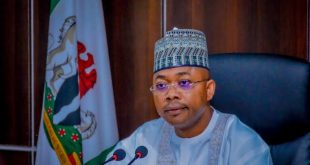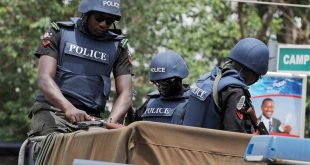By Ekpenyong Emmanuel
Katsina State Government has taken a significant step towards improving education in the state, investing N9.12 billion in primary schools across the state.
This massive expenditure, made under the State Universal Basic Education Board (SUBEB), aims to create a conducive learning environment for pupils.
According to Deputy Governor Faruk Lawal, the funds were utilized for various projects. “The expenditure covered the construction of 160 classrooms and 81 boreholes.
It also covered the construction of 46 toilets and 20 staff quarters to accommodate primary school teachers,” he explained.
Additionally, 258 classrooms were rehabilitated, and provisions were made for 612 teachers’ furniture and 14,602 two-seater pupils’ furniture.
Lawal further stated that the government also procured educational resources, including books, teaching aids, and instructional materials.
These resources include laptop/desktop computers, tablets, solar-powered panels, and inverters.
Furthermore, motorcycles and vehicles were procured for effective monitoring.
The government also conducted series of training sessions for 274,816 officials, comprising primary school teachers, integrated Qur’anic schools teachers, officials of Better Education Service Delivery for All (BESDA), as well as teachers of private schools. Lawal emphasized that these efforts have yielded positive results, including improved pupil enrollment and a more conducive learning atmosphere.
As part of the infrastructural development plan in schools, the sum of N5,641,369,114.00 was expended under the Transforming Education System at State Level (TESS-Project)/Better Education for Service Delivery Additional Financing (BESDA-AF).
This expenditure covered the construction and rehabilitation of 150 primary schools across the state.
The projects and activities carried out include construction and renovation of classrooms, provision of solar light and inverter, drilling of boreholes, and construction of water tanks, stores, and toilets.
To enhance monitoring and evaluation in schools, the government distributed 70 motorcycles to Quality Assurance Officers across 34 Local Government Areas.
The administration also prioritized security through the installation of CCTV cameras in schools.
Essential learning materials, such as school bags, uniforms, and exercise books, were provided to less privileged pupils.
The government’s efforts have yielded positive results, and Lawal expressed optimism about the future of education in Katsina State.
The massive investment in education demonstrates the state government’s commitment to providing quality education and improving the lives of its citizens.
 National Telescope national telescope newspaper
National Telescope national telescope newspaper



